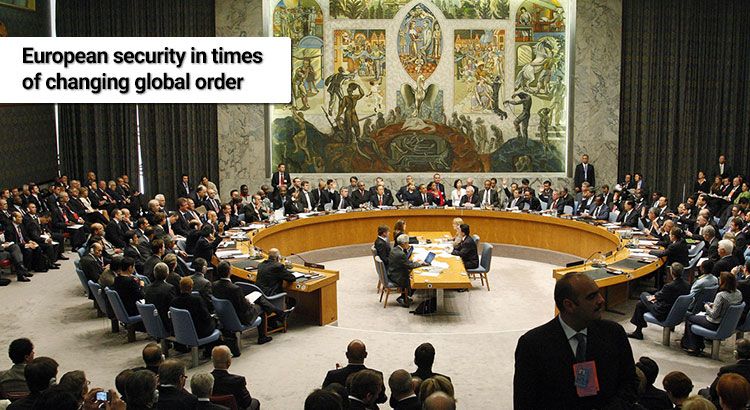
English, European Security in Times of Changing Global Order23. April 2019 | Hans-Joachim Spanger
Ways out of the crisis: recalibrating European security
European security is in crisis. Like every crisis, this one not only has a prior history, it has also been in the offing for quite some time. 2008 marked a first peak, after the Bush administration offered the NATO Membership Action Plan to Georgia and Ukraine: Russia demonstrated in the war with Georgia who sets the tone in the former Soviet Union. A similar pattern emerged in 2014 in the Ukrainian crisis, this time with the EU in charge and Russia reacting even more forcefully. Since then,…